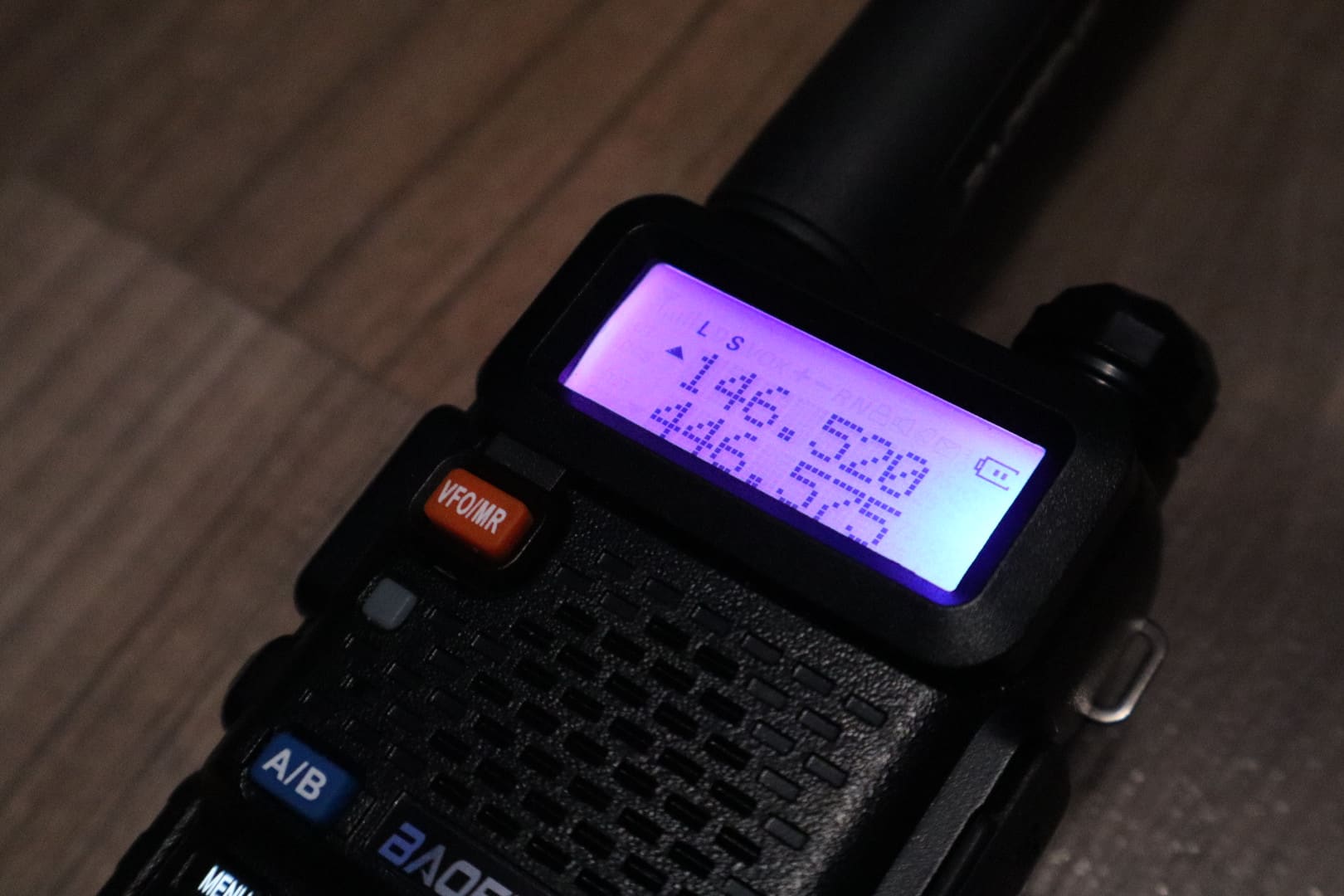When I first got my license, I kept hearing the term “net” tossed around. Everyone talked about checking in or joining a local net — but if you’re new like me, you might not know exactly what that means.
So, I started by doing what any nervous beginner does best: I just listened.
What Is a Ham Radio Net?
A ham radio net (short for “network”) is a scheduled gathering of licensed operators on a specific frequency. Some nets are formal, with a net control operator calling the shots. Others are more casual and conversational.
I’ve been tuning in to the East Coast Reflector and my local WR2UHF repeater so I can get a feel for how things work. It’s open to all licensed hams, and the format makes it easy for newcomers to follow along.
Why I Didn’t Key Up Right Away
Even after I got my Technician license, I was mic-shy. I wasn’t sure what to say, when to say it, or how I’d sound. Instead of rushing in, I took some time to listen in on nets and pick up on how they flowed.
Some asked for check-ins by call sign suffix, others by location. Most started with announcements, then moved into check-ins or open discussion.
Tips for Your First Check-In
If you’re thinking about jumping in, here’s what helped me prepare:
Wait for your turn: Nets often follow a format. Listen for how they want check-ins to happen and wait until your group is called.
Keep it short: Most net check-ins are brief. Here are a few examples of what you might say:
“This is W2DIY, Daniel in New York, no traffic.” — You’re checking in, but don’t have anything to share or discuss.
“This is W2DIY, in-and-out.” — You want to say hi, but won’t be sticking around for the full net.
“This is W2DIY, mobile.” — You’re operating from a vehicle and may have limited time or coverage.
“This is W2DIY, first time check-in.” — A great way to let the net know you’re new! Most will give you a warm welcome.
“This is W2DIY, monitoring.” — This isn’t usually used during a net, but if you’re listening to a repeater and open to casual conversation, it’s a good way to let others know you’re available to chat.
Tip: Write it down before you transmit. I had a notepad open with my callsign spelled out phonetically and a cheat sheet of the phonetic alphabet. It made it way easier to follow along until I got more comfortable.

Why It’s Worth It
Nets are a great entry point into the hobby. You’ll meet local operators, hear useful info, and get more comfortable being on the air. Even just listening can teach you a lot.
I’ve consistently started checking in to the ECR’s Youth Net, and I slowly have been starting to check in to more nets as time goes on. That first check-in felt easy because I gave myself the time to listen, learn, and ease into it.
73! – Daniel // W2DIY

